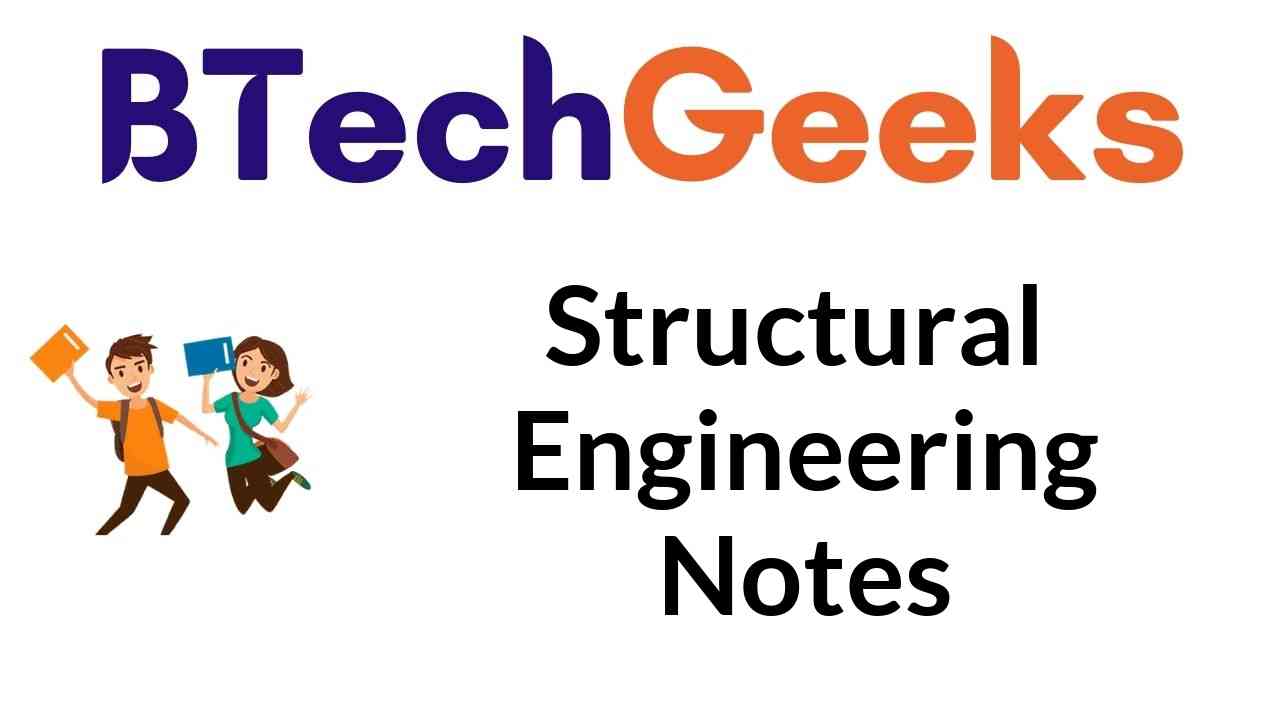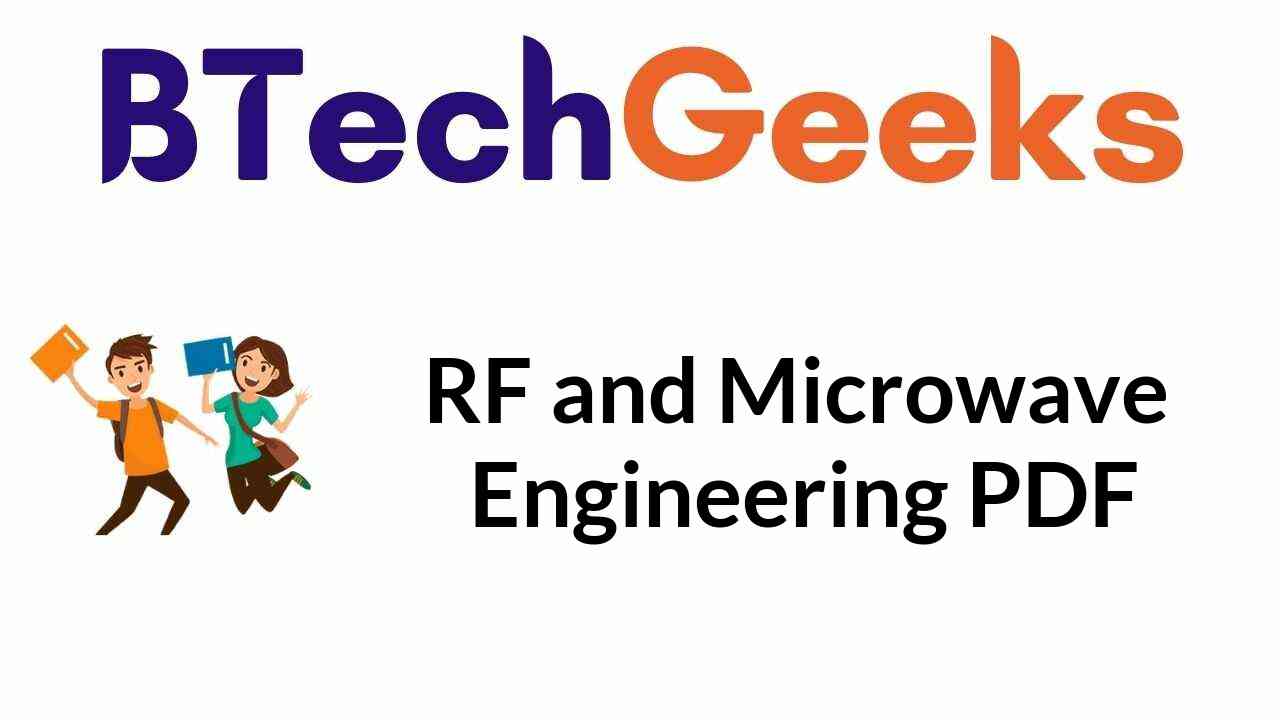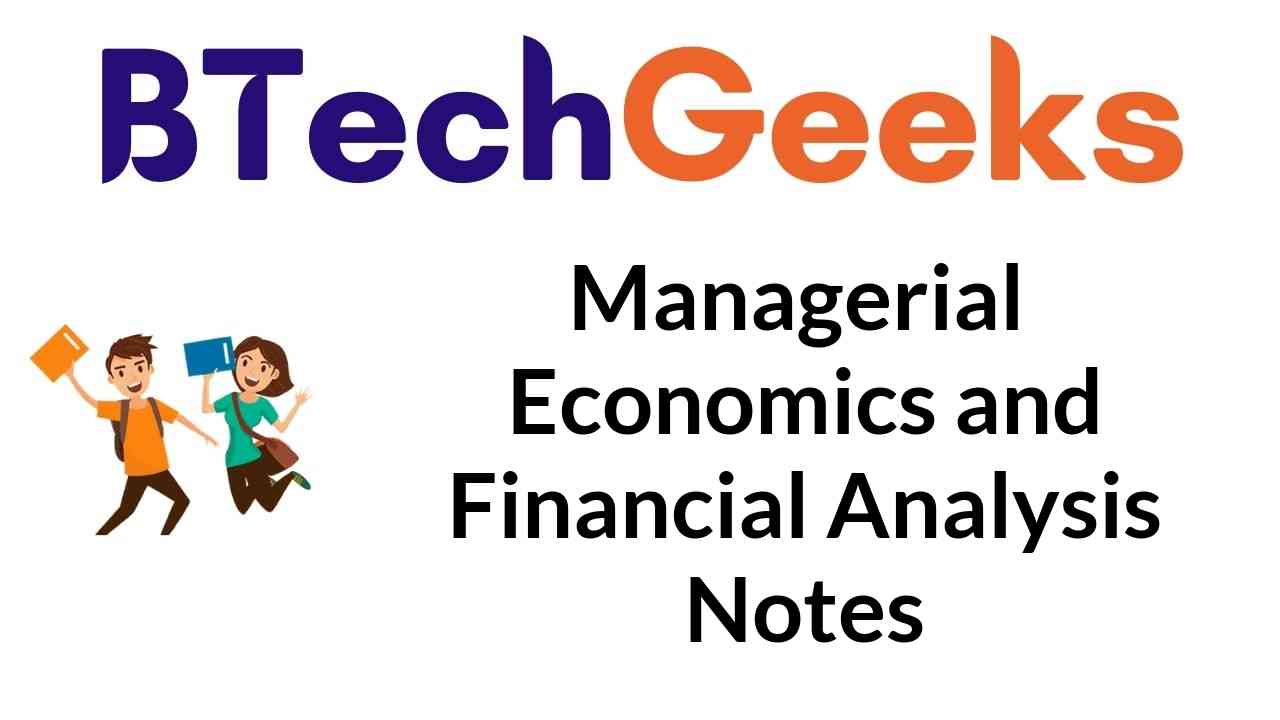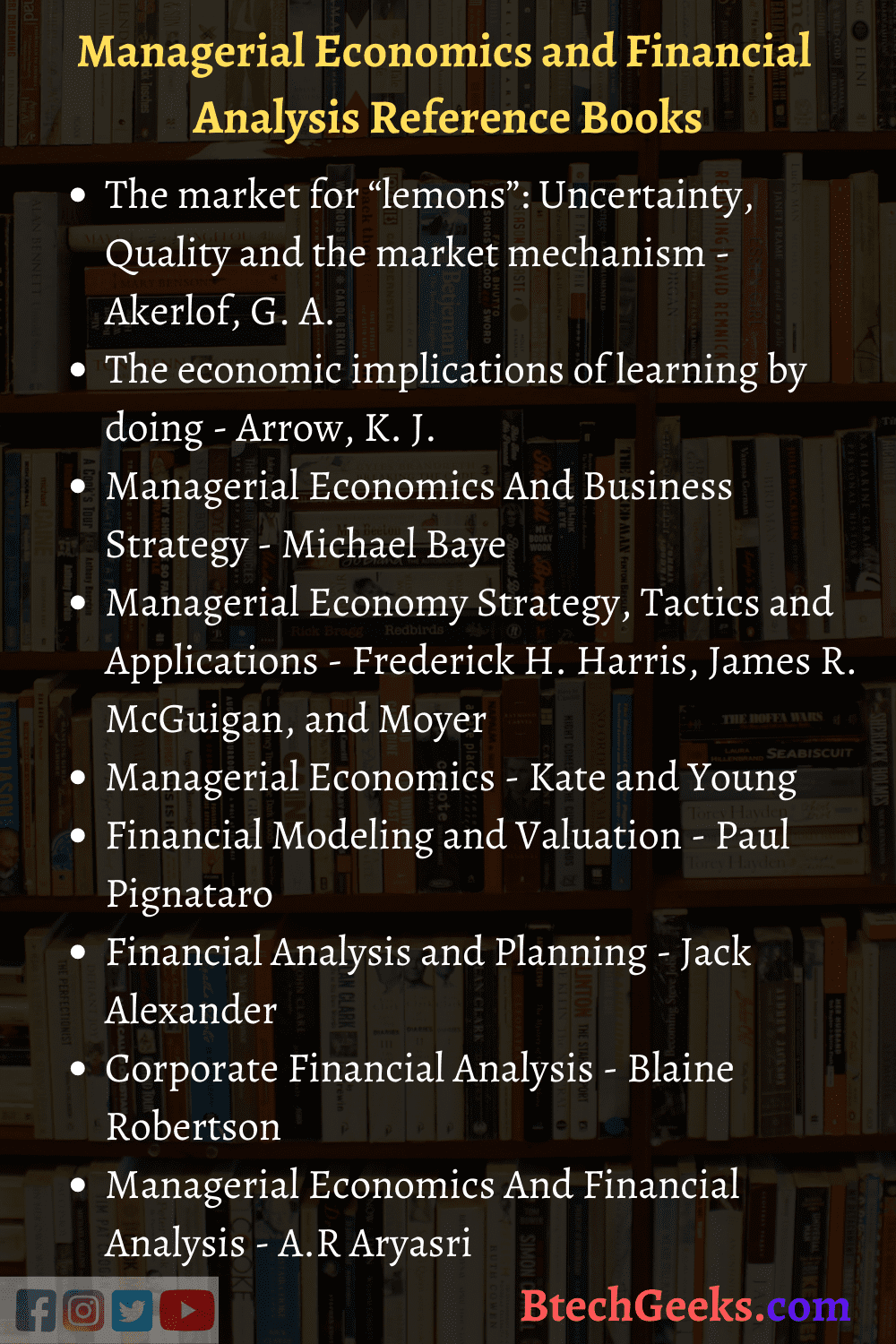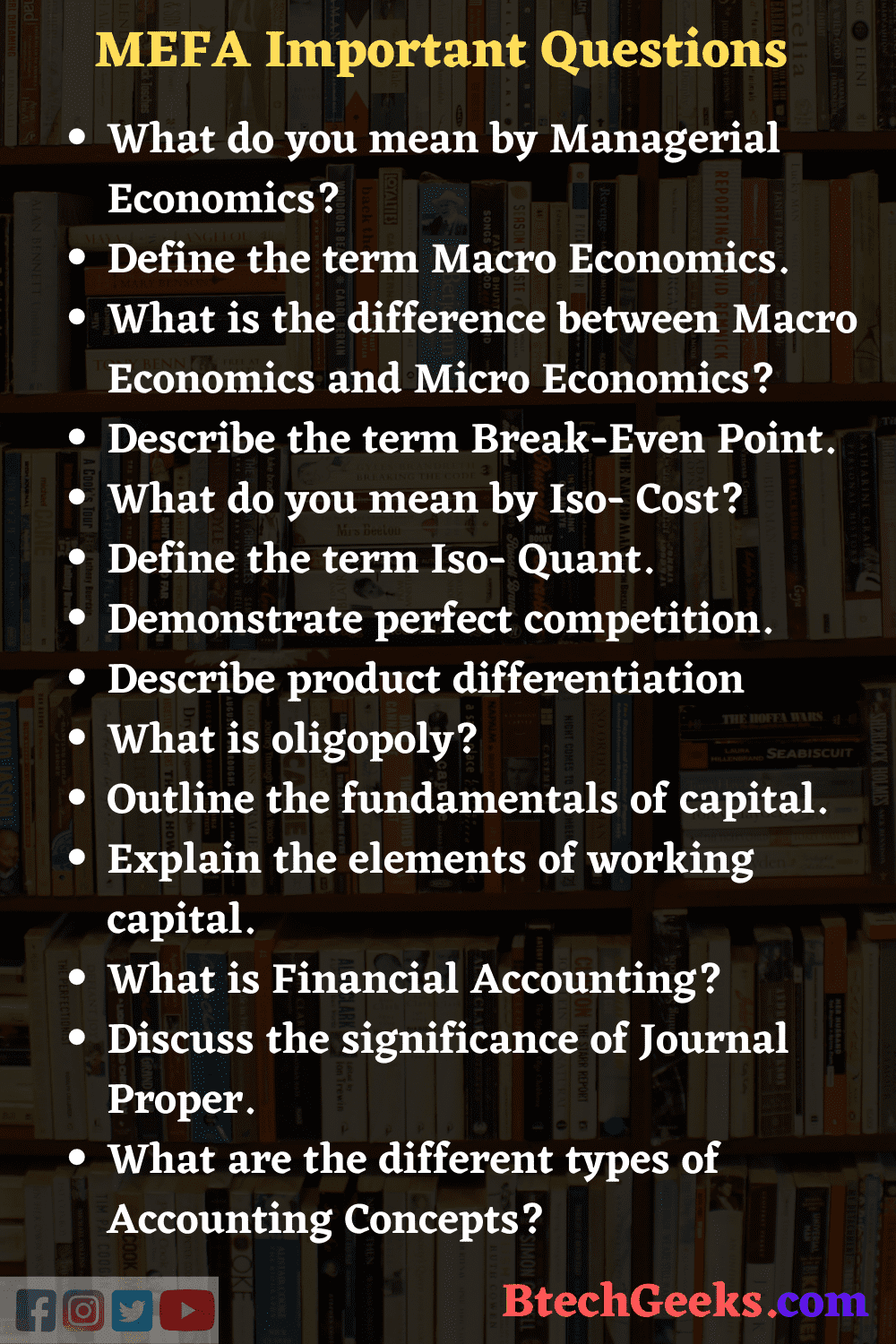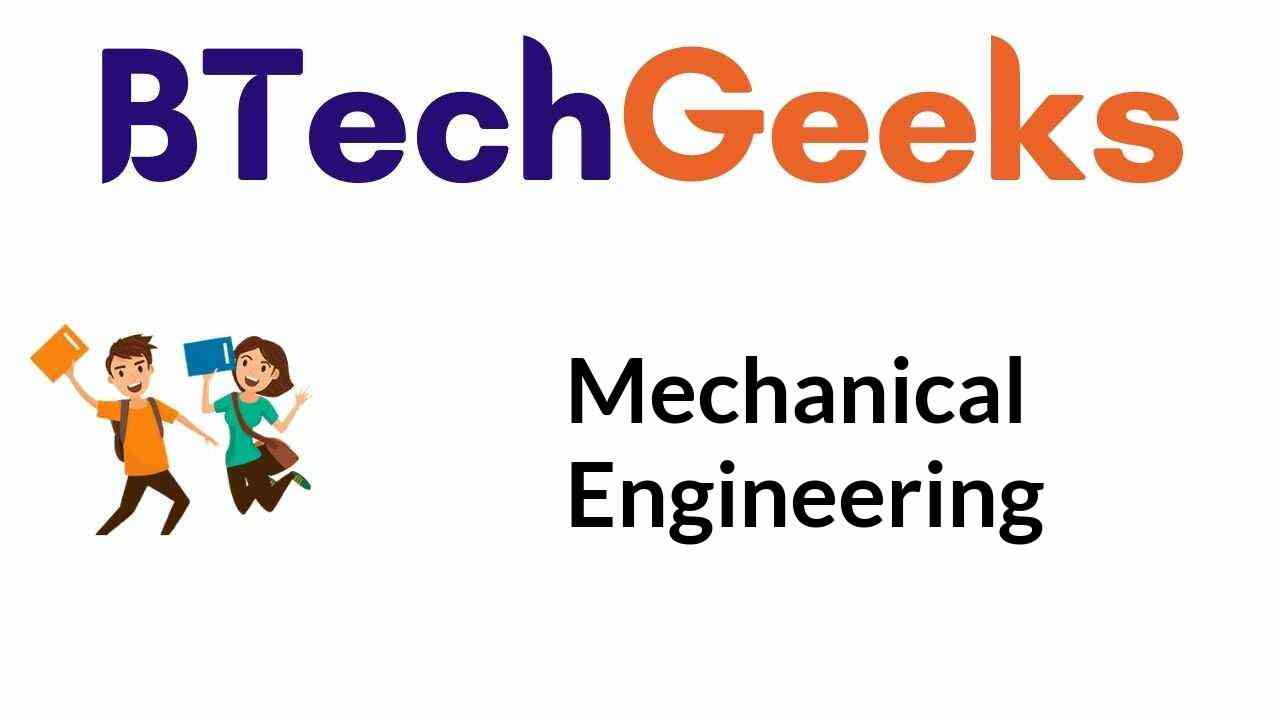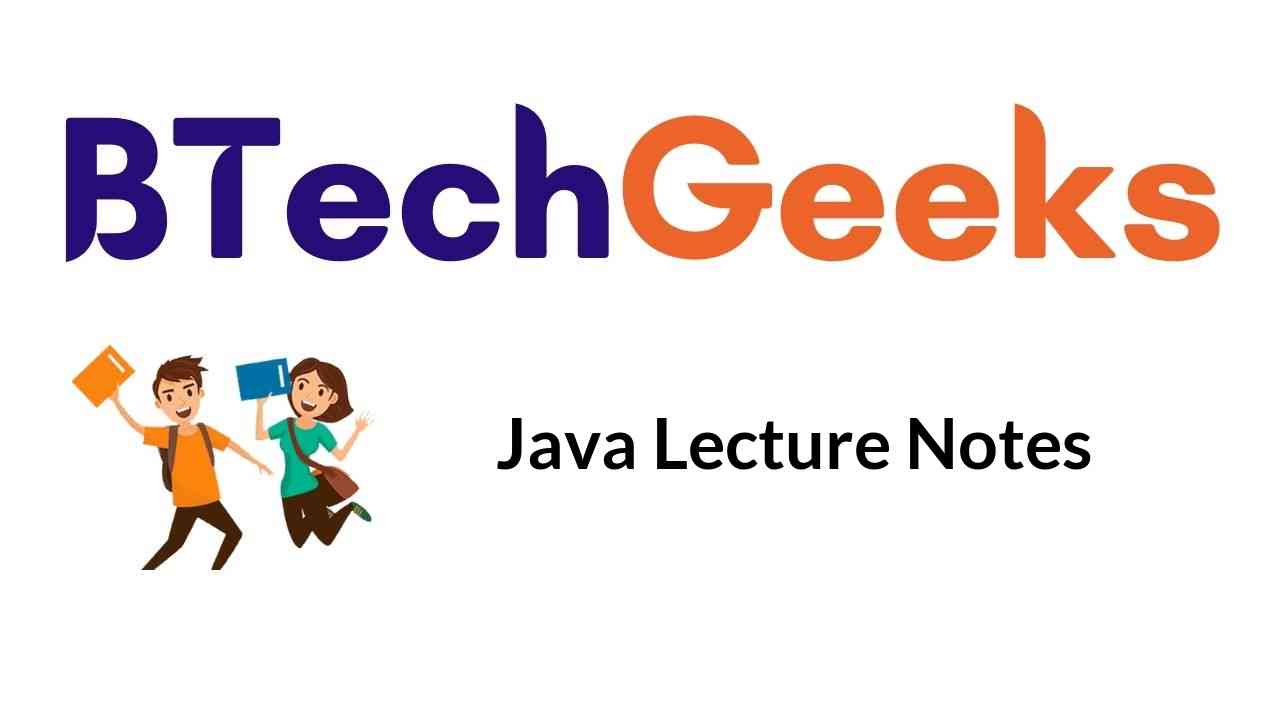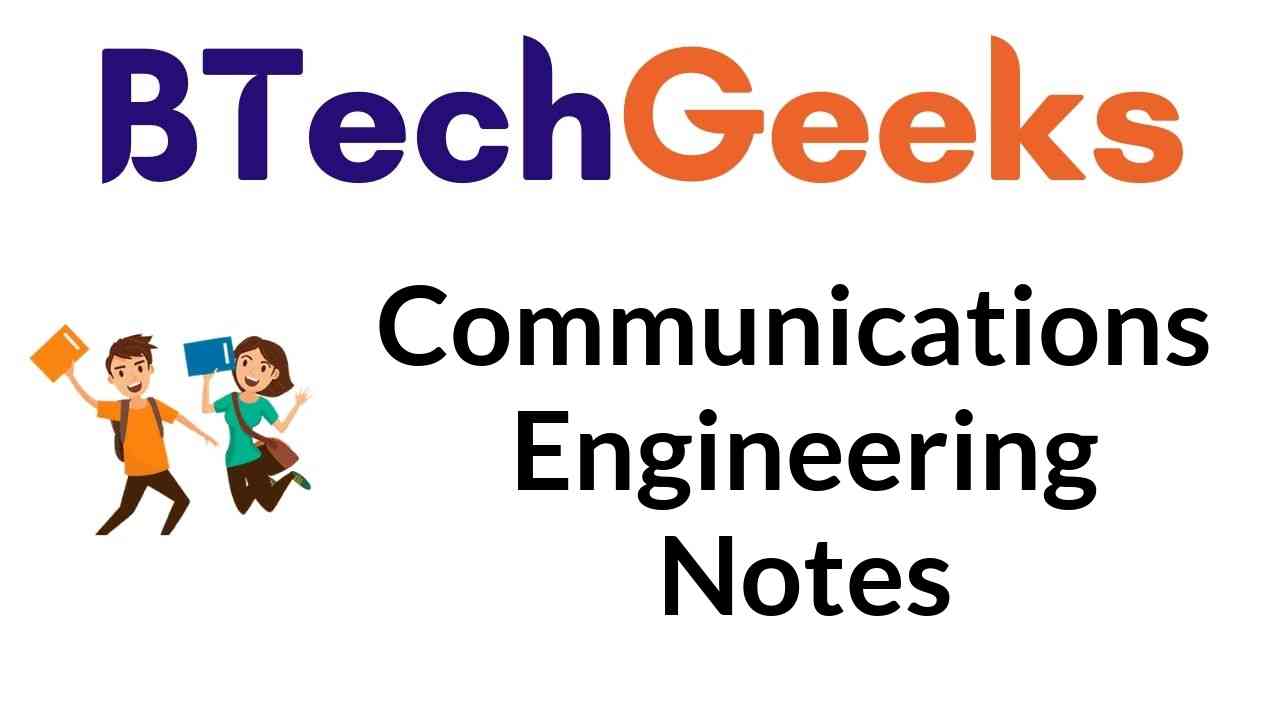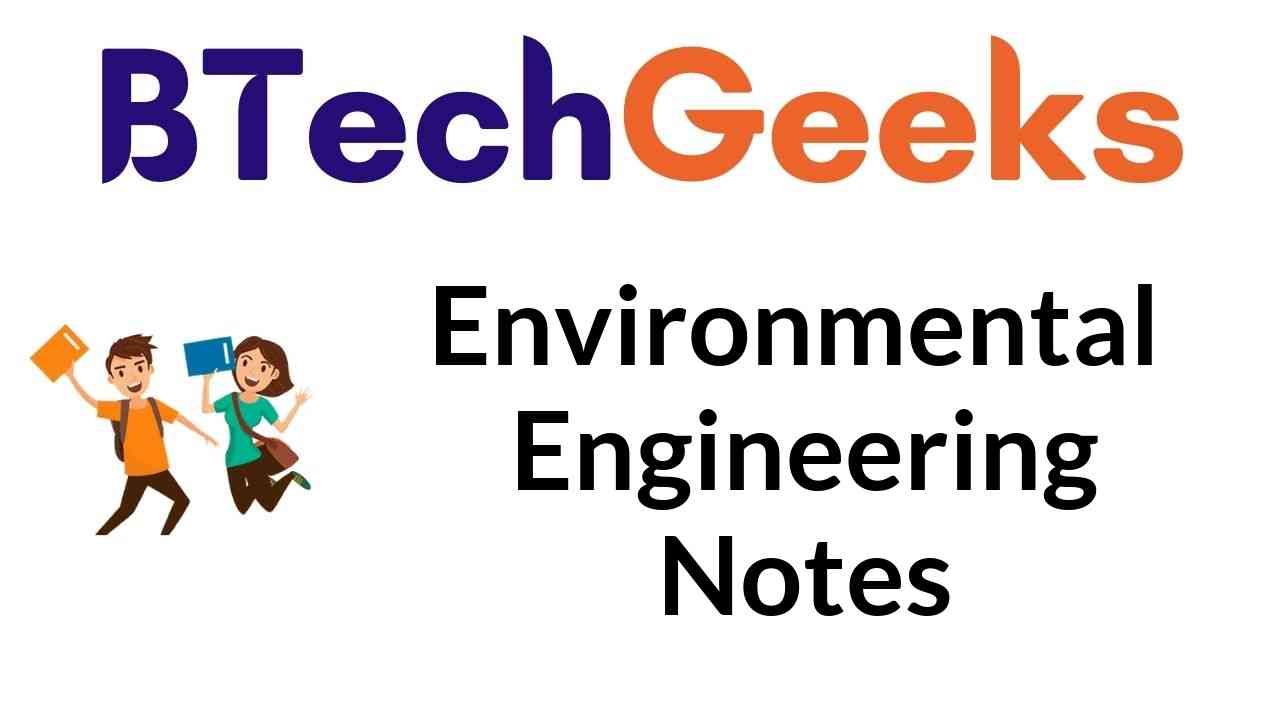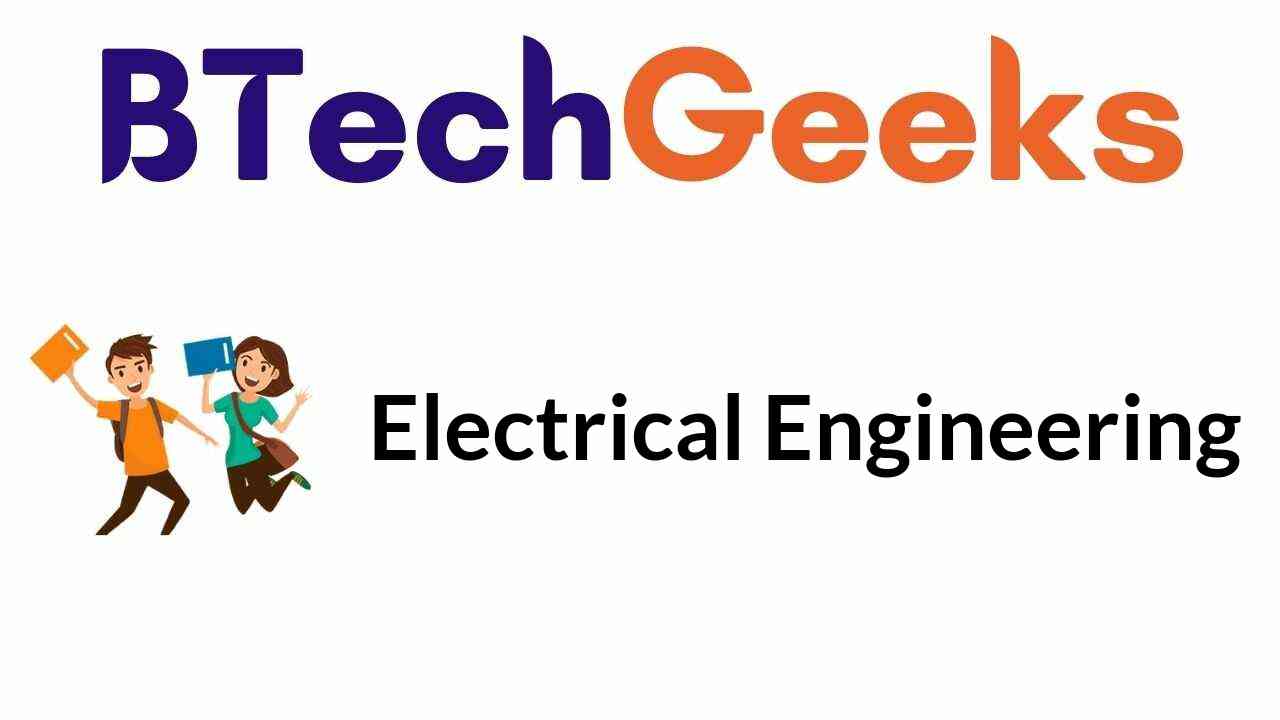Structural Engineering Notes: Are you planning to study Civil Engineering. Structural Engineering is the most crucial department in Civil Engineering. Acquiring the BTech Geeks notes will help you to score good grades in the exam. The Structural Engineering Notes includes a comprehensive study plan, all-important information and timetable.
Students will get information about the latest Reference Books and Syllabus for Structural Engineering Notes. Students pursuing Structural Engineering can access this article to refer to the best and credible Engineering Notes for their preparation process. Avail subject-wise B.Tech Notes related to Engineering Departments like ECE, CSE, Mech, EEE, Civil, etc. all in one place and plan your preparation according to your requirements.
Structural Engineering Notes act as important study material and improvise better preparation or revision and help students secure good grades. Students can refer to the Structural Engineering Notes as per the latest and updated syllabus from this article keeping in mind every student’s requirements and assessing their preparation efficiency.
Here is a list presenting the primary sources of information included in this article.
- Structural Engineering Introduction
- Structural Engineering PDF
- Reference books for Structural Engineering
- Updated syllabus for Structural Engineering
- List of Important Questions on Structural Engineering
- Frequently Asked Questions on Structural Engineering
- Conclusion
Introduction to Structural Engineering
Structural engineering is a specialization within the field of civil engineering that concentrates on the framework of buildings or edifices, and on designing those structures to resist the stresses and pressures of their environment, remain safe, and secure throughout their use. Structural engineering theory is based upon applied experiential knowledge and physical laws of the structural performance of varied materials and geometries. In other words, structural engineers make sure that buildings don’t fall and bridges don’t collapse.
Structural Engineering Notes and Study Material PDF Free Download
In Structural engineering Notes, you will learn the fundamentals of Structural engineering and various aspects of the topic. The students can also learn the theoretical and the application aspects of structural engineering. Studying from these notes helps the student to become active and so the learning process is improved. Candidates can start their preparation with all the tools to help them score better marks in the exam.
The students can refer and use the Structural Engineering Notes pdf and Study Materials as a reference. Students can refer to the following formats for Notes for Structural engineering and increase their efficiency and problem-solving skills to achieve excellent grades in the exams.
Structural Engineering Notes Reference Books
Reference books for Structural engineering Notes are an imperative source of information. It presents information and essential knowledge about the topics. Students should refer to books recommended by subject experts as it will help them to follow the subject accurately. Students will understand the Structural engineering topics if they confer the latest version that includes the updated syllabus. Here is a list of the best-recommended books for Structural engineering Notes Reference Books.
| Books | Author |
| Structures Or Why Things Don’t Fall Down | J. E. Gordon |
| Steel Design | William T. Segui |
| Building Construction Illustrated | Francis D. K. Ching |
| Steel Design | William T. Segui |
| PPI Structural Engineering Solved Problems | C. Dale Buckner |
| Structural Steel Design | Abi O. Aghayere, Jason Vigil |
| Simplified Engineering for Architects and Builders | James Ambrose, Patrick Tripeny |
| Seismic Design of Foundations
Concepts and applications |
Subhamoy Bhattacharya, Rolando P. Orense and Domenico Lombardi |
| The Structure – Works of Mahendra Raj | Vandini Mehta, Rohit Raj Mehrdiratta, Ariel Huber |
| Safety-Related Nuclear Structures – Seismic Analysis | American Society of Civil Engineers |
| Concrete Construction Engineering | NAWY |
| Structural Engineering | Brightwood Engineering Education |
| Numerical methods | S.S.Sastry |
| Numerical methods and C Language | C.Xavier |
| Prestressed concrete | Krishna Raju |
Structural Engineering Syllabus
The best way to commence your preparation for Structural Engineering is to understand the syllabus and the topics of the subject. The curriculum of Structural Engineering provides students a clear idea about what and how to study and analyse the subject.The Structural Engineering syllabus is a reliable course planning tool that plans and organises the subject for a student. The article on Structural Engineering Notes provides a detailed structure along with the latest and updated syllabus, and all the essential topics under each unit keeping in mind every student’s requirements and assessing their preparation efficiency.
Students must cover all the unit-wise topics before attempting the Structural Engineering exam so that the exam paper is easy to answer. The updated syllabus also ensures that students remain aware of the Structural Engineering updated details to prevent from wasting unnecessary time on irrelevant topics.
Here, we have presented the M. Tech Structural Engineering course curriculum for the student’s reference:
| Subjects | Topics |
| ADVANCED STRUCTURAL ANALYSIS |
|
| STRUCTURAL DYNAMICS |
|
| ADVANCED CONCRETE DESIGN |
|
| FINITE ELEMENT METHODS |
|
| THEORY OF ELASTICITY AND PLASTICITY |
|
| ADVANCED STEEL DESIGN |
|
List of Structural Engineering Important Questions
Candidates pursuing Structural Engineering can refer to the list of all the essential questions stated below for the Structural Engineering Notes. The questions assigned are aimed to help the students to excel in the examination.
- Why are the shear and moment diagrams essential? Explain
- What is the role of BIM in engineering projects?
- Explain the benefits of CDM regulations?
- Explain the Modulus of Elasticity.
- Explain the Redundancy and Equilibrium of Indeterminate Structures.
- Define the Pneumatic structure.
- Differentiate between static condensation and substructuring.
- What is Lumped mass idealization?
- Describe the term Deflection.
- Why is the Design of Nibs important?
- Define the AxiSymmetric Analysis.
Frequently Asked Questions on Structural Engineering Notes
Question 1.
Define the term Structural Engineering.
Answer:
Structural engineering is a specialization within the field of civil engineering that concentrates on the framework of buildings or edifices.
Question 2.
Name some of the important topics of structural engineering.
Answer:
Some of the important topics of Structural engineering are Structural Dynamics , Advanced Concrete Design, Finite Elements Methods, Computer Oriented Numerical Method, Pre Stressed Concrete and Experimental Stress Analysis .
Question 3.
Name some of the reference books for Structural Engineering.
Answer:
Some of the reference books for Structural Engineering are :
- Prestressed concrete by Krishna Raju
- Numerical methods by S.S.Sastry
- Experimental Stress Analysis by Dove and Adams
- Theory of Elasticity by Y.C.Fung.
- Numerical methods and C Language by C.Xavier
Question 4.
What is the importance of Structural Engineering Notes ?
Answer:
In Structural Engineering Notes, the students will learn the fundamentals of Structural engineering and various aspects of the topics. It will help them score good grades in the exam.
Conclusion
The article on Structural Engineering Notes is an important platform that offers reliable and authentic sources of reference. All the study materials listed above aim to assist and improvise every learner’s knowledge and understanding of the subjects and its topics, during the revision process and examination. Students can download the Structural Engineering Notes PDFs and practice from the provided notes from this article.

